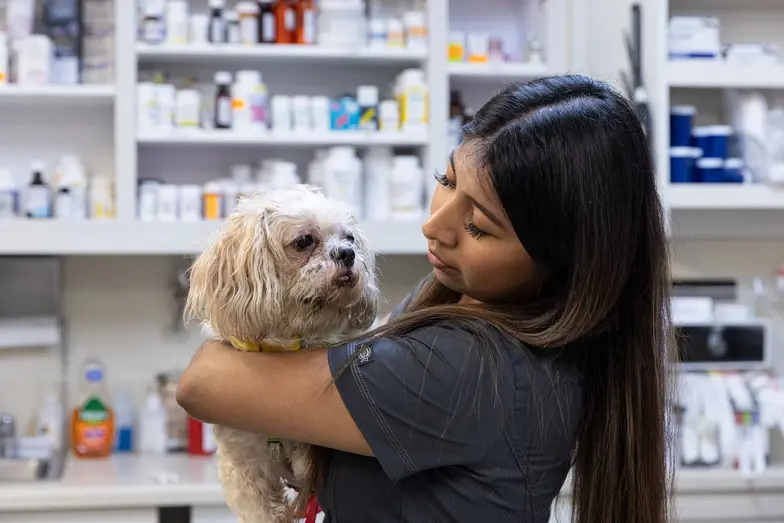Research on Oclacitinib Chewable Overdose & Toxicity in Pets

The introduction of a flavored, chewable formulation of oclacitinib—a Janus kinase (JAK) inhibitor used to manage allergic and atopic dermatitis in dogs—has led to an increase in cases of toxicosis. Unlike the previously available tablet form, the palatability of the chewables has resulted in more frequent and severe accidental overdose ingestions by both dogs and cats. ASPCA Poison Control has issued a warning to veterinary professionals and shelter staff about this emerging risk.
Research Methods and Approaches
ASPCA Poison Control compiled case reports and adverse event data following the release of chewable oclacitinib in June 2023. These reports highlight clinical observations from overdoses involving both dogs and cats, including symptom severity, dosage levels and outcomes. Select cases are undergoing further toxicological and histopathological analysis to investigate potential mechanisms behind the observed effects. Clinicians are encouraged to contribute data through adverse event reporting to manufacturers and the FDA to support ongoing research.
Key Takeaways
- Increased Risk Due to Palatability: Pets are ingesting larger amounts of the chewable version, likely due to its appealing flavor.
- Severe Clinical Signs: Overdose symptoms now include not only gastrointestinal distress (vomiting, diarrhea, abdominal pain) but also cardiovascular issues (hypotension, arrhythmias, new murmurs), central nervous system signs (lethargy, dull mentation, elevated third eyelid), acute kidney injury, hepatotoxicity and in some cases, death.
- At-Risk Dosage Levels: GI and systemic signs have occurred at dosages of 10–15 mg/kg, with acute kidney injury reported at 12–38 mg/kg. Cats may be especially vulnerable.
- Updated Management Guidelines: Previously conservative treatment is no longer sufficient. Current recommendations include early decontamination (emesis, activated charcoal), IV fluid therapy, serial lab monitoring and supportive care tailored to presenting symptoms.
- Reporting and Prevention: All suspected intoxications should be reported to poison control, the manufacturer and the FDA. The chewable tablets should be stored securely to prevent accidental ingestion.
Read the abstract.
Read the full research publication.
